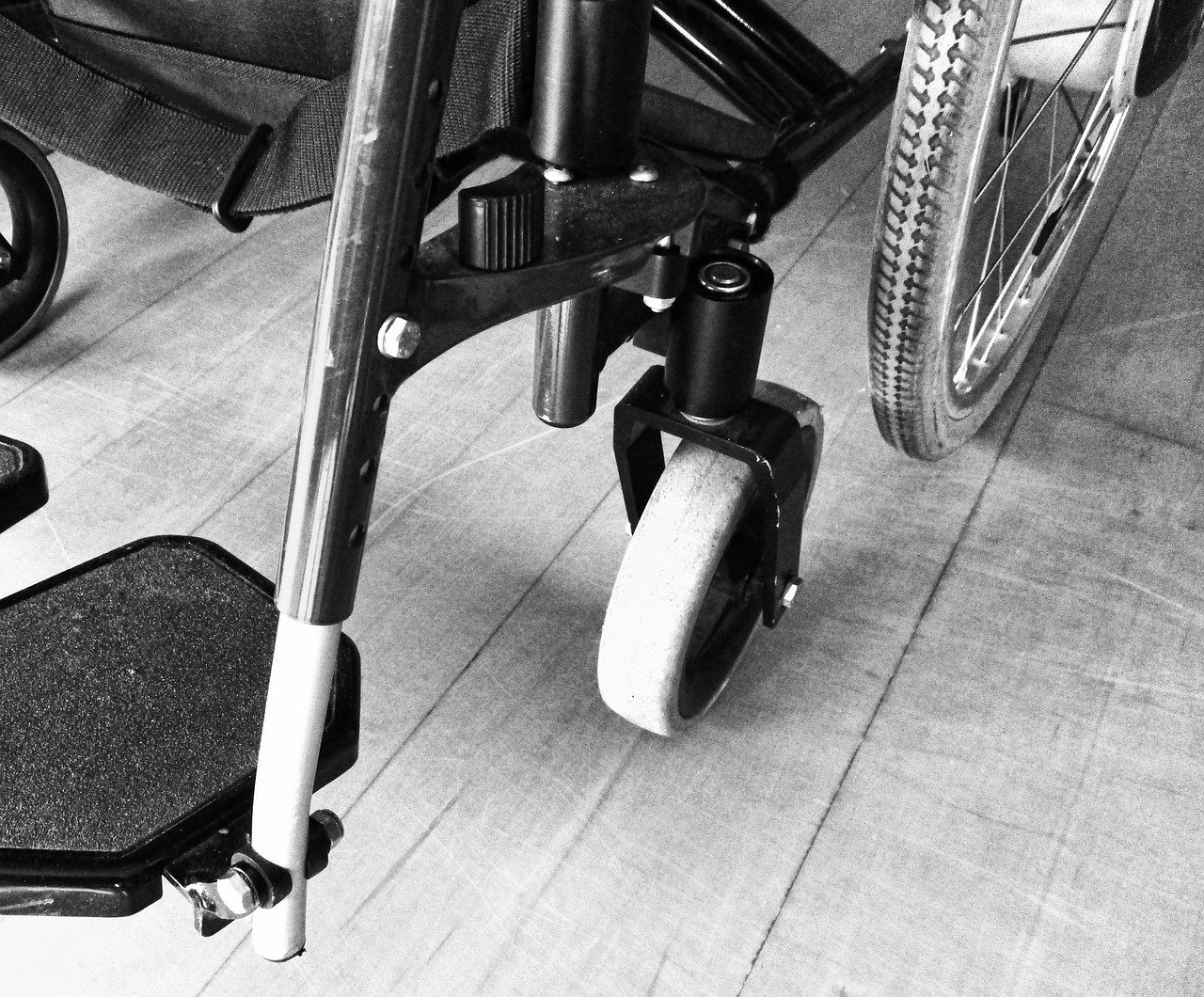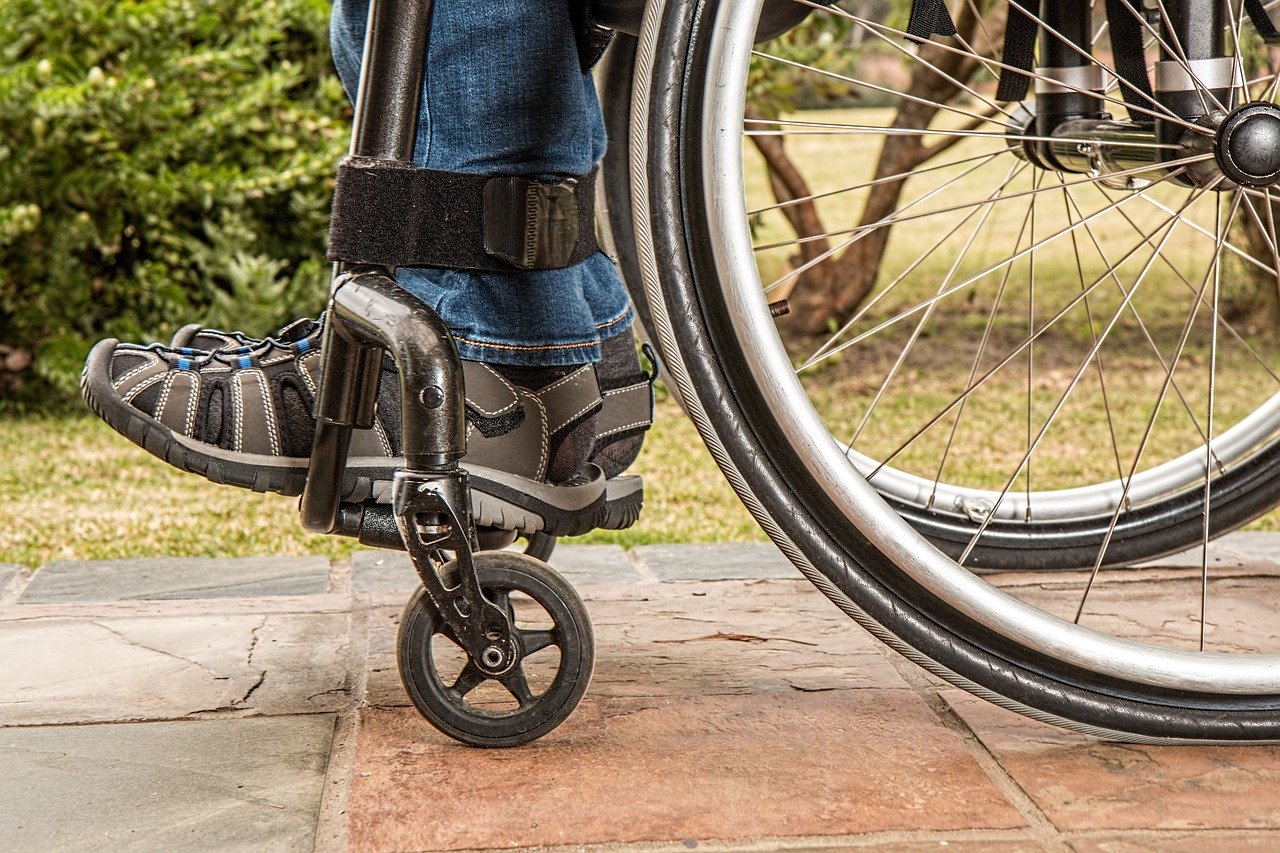Overcoming Challenges: A Guide to Spinal Injury Care

Spinal injuries are amongst the most devastating life-changing incidents anyone can encounter. However, with appropriate spinal injury care, individuals can still lead meaningful and independent lives. This article will guide you through understanding spinal injury care, the challenges often faced, and how to overcome them.
Understanding Spinal Injuries
Spinal injuries often result from severe trauma to the spine, such as that caused by accidents or falls. These injuries can lead to partial or complete loss of muscle function, sensation, or autonomic function in parts of the body served by the spinal cord below the level of the injury.
The severity of the symptoms often depends on the location and extent of the injury, making every individual’s experience unique. Thus, spinal injury care must be highly personalised to meet each person’s distinct needs.
Challenges Faced in Spinal Injury Care
Spinal injury care is not without its challenges, both for the individual living with the injury and their carers. These challenges may include:
- Physical Challenges: Mobility can be significantly affected by spinal injuries. Individuals may need to relearn how to move, adjust to using a wheelchair, or cope with decreased motor function.
- Emotional Challenges: The drastic change in lifestyle can lead to feelings of grief, depression, and anxiety.
- Social Challenges: Interactions with friends, family, and the community may change, potentially leading to isolation.
- Practical Challenges: Modifications to the living environment, new care routines, and financial implications can also be significant hurdles to overcome.

Overcoming the Challenges
Adapting to Physical Changes
Effective spinal injury care involves physiotherapy, occupational therapy, and sometimes speech and language therapy. These interventions aim to maximise physical function and promote independence.
According to a Spinal Injuries Association report, continuous physiotherapy following discharge from hospital is vital for maintaining muscle strength, preventing complications, and enhancing the individual’s quality of life.
Addressing Emotional Challenges
Psychological support, such as counselling or support groups, can be invaluable in managing the emotional toll of spinal injury. This support can help individuals process their emotions, build resilience, and develop coping strategies.
Managing Social Challenges
Socialising and participating in community activities can help combat feelings of isolation. Personal assistants or support workers can also provide companionship and assist with social activities.
Navigating Practical Challenges
Practical challenges require tailored solutions, such as home adaptations or the use of assistive devices. Additionally, financial advice and support can help manage the economic impact of a spinal injury.
Living with a spinal injury can be challenging, but with comprehensive spinal injury care, these challenges can be surmounted. From tackling physical changes to addressing emotional and social hurdles, effective spinal injury care allows individuals to lead fulfilling lives while managing their condition.
Remember, the journey of spinal injury care is personal and unique to each individual. With the right support, resilience, and determination, overcoming these challenges is possible.